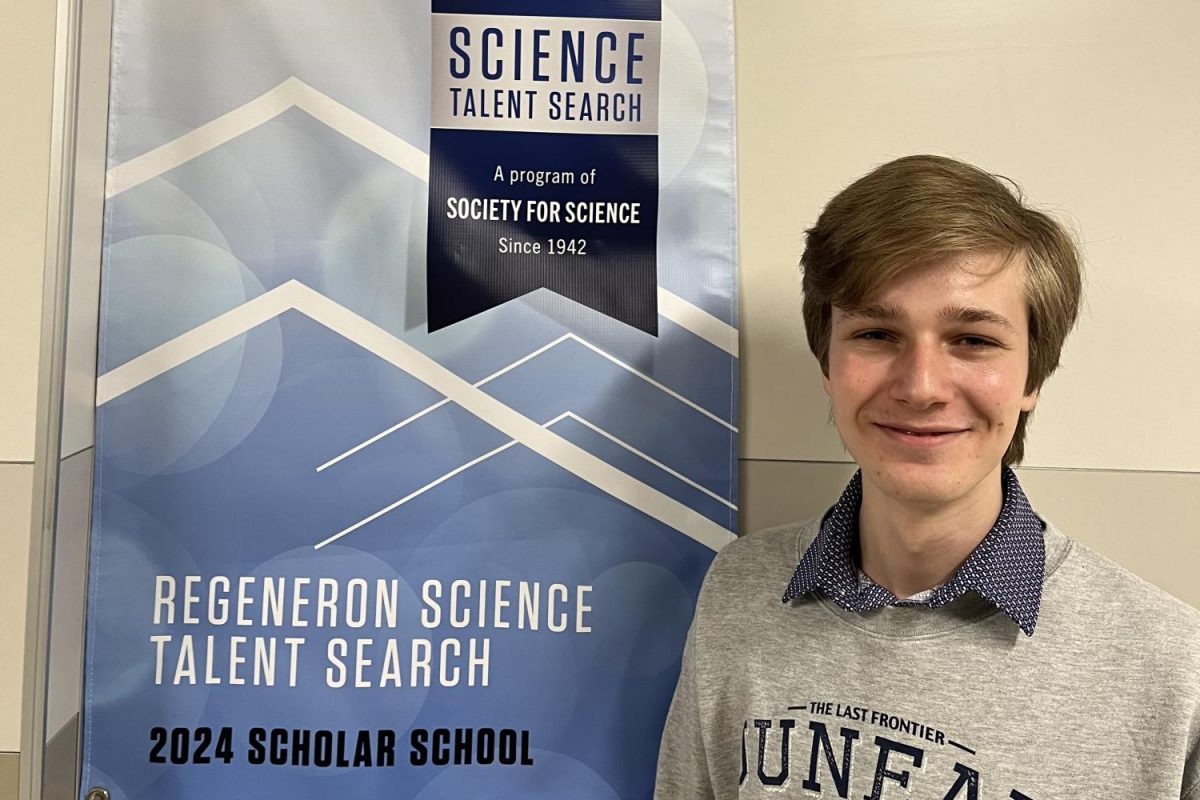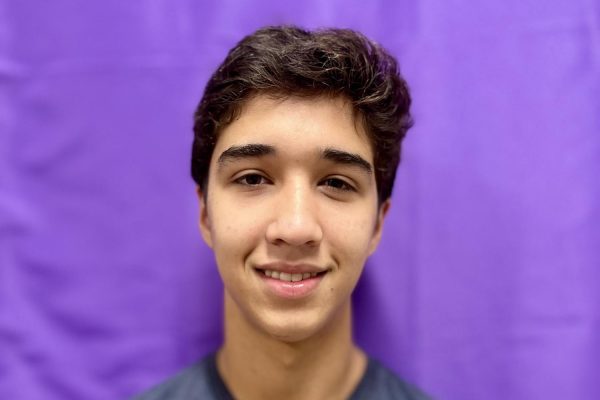The Regeneron Science Talent Search is a nationwide competition that goes back to 1942. Since its inception, it has annually evaluated the top 300 researchers in the country, and this year, the 83rd Regeneron Science Talent Search, Paschal’s very own Jonathan Feldman was among them. He was in the top 300 out of 2,162 applicants. His project, officially entitled “A Novel Multimodal Deep Learning-Based Approach to the Recognition and Analysis of Pro-Eating Disorder Content on Social Media,” entailed in-depth independent research and a 20-page research report, with approximately ten pages of citations. His placement in the top 300 has granted him $2,000 and Paschal $2,000. Here are some of the words of Jonathan himself, regarding his journey through such a prestigious competition.
My first question was how he found out about the Regeneron Science Talent Search. Apparently, “it is a pretty well-known research competition among researchers,” but he first learned of it when he went to the Junior Science and Humanities Symposium, or JSHS, which is funded by the Department of Defense. According to Jonathan, the researching world “is a really cutthroat world, but it’s really fun, when you get into it.”
My next question was what his steps were to qualify and participate. “To qualify, there is a really comprehensive application. You must have a research topic. Mine was using [artificial intelligence (AI)] models to regulate social media sites like Reddit and Tumblr. The idea is that you find content, like posts with text and images that are in violation of a social media site. I created AI models that were able to identify all that was in violation.” He said that his “specific focus, really, was posts that promote unhealthy eating habits, posts that portray extremely unrealistic body types.”
However, about the competition, he said that “it is not just about your research, but about your ability to be a leader in research.” As for the application, it requires everything from the Common Application. He needed four people to write a letter of recommendation, one of whom was Mr. Haley.
I went on to ask what his plans are for college, to which he responded that he is waiting on about 15 universities to hear back from, and his best option is probably the University of Texas. I also asked what he plans on majoring in. He replied, “Computer science, in all likelihood. I am also looking to branch out a bit. Maybe biochemistry or philosophy.” When I commented on his inclusion of philosophy, a non-STEM course, his response was: “I think that you need to understand logic at its most fundamental basis before you can really understand science.”
I followed up by asking him what his career plans are. He said that he “is really interested in pursuing research professionally.” He wants to obtain a PhD and maybe work in academia. Overall, he plans to focus primarily on science, in the way of computer or biomedical sciences.
My last question for Jonathan was how other students could join. He broke it down into several steps. “The first is to find a problem. It is the most fundamental process, but there is something more complex. You need to have something that has impact, and is original.” The failure of many students to not come up with an original idea results in “many applications [that] are redundant. They are replications of previous research. You need to find a problem that has been really undervalued.”
“The second part is actually doing the research. I actually did my research independently, which is more challenging without access to the resources of academic institutions.” What makes this competition so difficult is the fact that it requires students to produce their own work, rather than read the work of others as they have their whole lives. He later goes on to say “You are going to fail time and time again. Everyone struggles just as you are. That struggle really pays off in the end: once you succeed, that research can take you really far; there are many possibilities.”
He said that other components matter in the competition too, like grades, SAT scores, etc. Basically, whatever attributes colleges find desirable in students are attributes that are desired by the Talent Search, too. It is the ability for students to maintain these quality attributes and also produce an exemplary essay about original research that allows them to become top 300 scholars in the Regeneron Science Talent Search.
Jonathan’s name can be found on the Society for Science’s website of the top 300 winners. Future seniors looking to find out more about applying can visit the Society for Science’s website for the Talent Search’s application requirements, and enter to potentially win $2,000 for themselves and $2,000 for Paschal, thereby bringing upon themselves an immense honor broadening their horizons.





